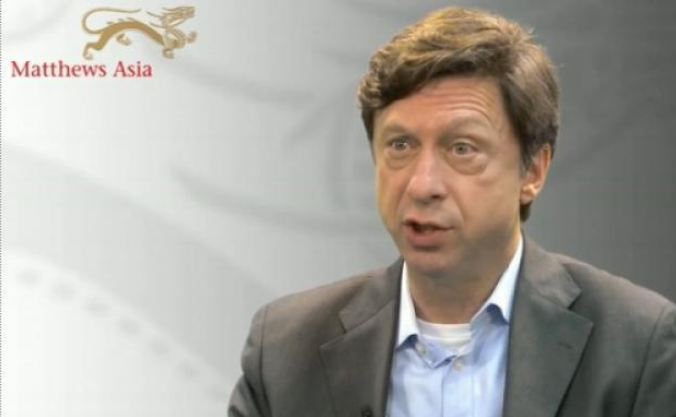Two BNY Mellon Wealth Management Strategists Earn Prestigious Industry Recognition
| For Fórmate a Fondo | 0 Comentarios

Wealth Strategists Pamela Lucina and Justin Miller of BNY Mellon Wealth Management have been elected as Fellows of The American College of Trust and Estate Counsel (ACTEC) in recognition of their professional accomplishments. ACTEC is a nonprofit association of lawyers and law professors skilled and experienced in the preparation of wills and trusts, estate planning, probate procedure, and administration of trusts and estates. Lawyers and law professors are elected to be ACTEC Fellows based on their outstanding reputation, exceptional skill, and substantial contributions to the field by lecturing, writing, teaching and participating in bar activities.
Chicago-based Lucina is Managing Director, Head of Global Family Wealth Strategy. Miller, a National Wealth Strategist, is based in San Francisco where he also is an adjunct professor at Golden Gate University School of Law.
Lucina joined BNY Mellon Wealth Management in 2014 and has nearly 20 years of financial services and wealth planning experience. Over her career she has held several leadership roles providing wealth and estate planning to high net worth clients and is recognized for her expertise in serving those with highly complex needs. She earned a Juris Doctor degree from DePaul University College of Law, where she was a member of the Business Law Journal, and she received her bachelor’s degree from Marquette University. Lucina is a frequent speaker at national professional associations and conferences on myriad estate and tax planning topics, and has published in Trusts & Estates as well as other leading professional journals. Among the many professional and community groups she is involved with, Lucina is a board member of the Chicago Estate Planning Council, and sits on the short course planning committee for the IICLE.
Miller joined BNY Mellon Wealth Management in 2011 and works collaboratively with other advisors to provide comprehensive wealth planning advice to clients and their families. Prior to that he was an attorney at a major law firm, where he advised high net worth clients regarding tax-efficient estate and business succession planning, trust law and management, and asset preservation. He earned a Master of Laws in taxation and a Juris Doctor from New York University School of Law and a bachelor’s degree from the University of California at Berkeley. Miller is a frequent speaker on tax, estate planning and family governance topics at leading conferences throughout the country. He has published numerous articles, and is frequently quoted in the media. Miller has served as an executive committee member of the State Bar of California Taxation Section, and is the former editor-in-chief of the California Tax Lawyer.





